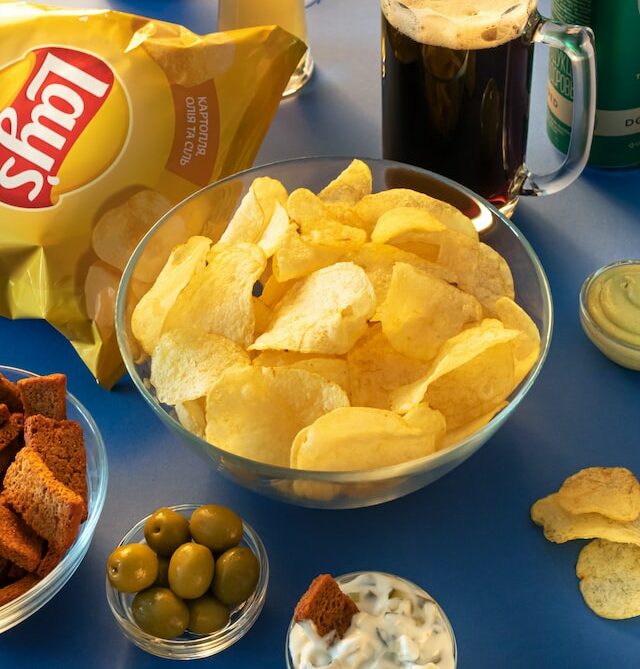A new study out of the UK further ties diets high in ultraprocessed food to increase the risk of cancer. Comprised of nearly 200,000 patients, researchers noted that ultraprocessed foods’ impact on women’s health is a serious concern.
What Did the Study Find?
The study included 197,000 participants over a 10-year period. Researchers looked to connect dietary habits with 34 types of cancer. Participants consumed between 9.1% to 41.4% of ultraprocessed foods in their daily diet. For every 10% increase in ultraprocessed food intake, participants saw a 2% increase in one of the 34 cancer types included in the study. For women, every 10% increase in processed foods resulted in a 19% increase in the risk of ovarian cancer, specifically.
Read More: What is Breast Cancer?
The study reinforces many studies that have shown a close correlation between ultraprocessed foods and negative health outcomes, such as:
- Obesity
- Strokes
- Heart attacks
- Diabetes
- Hypertension
What Else Stands Out?
One of the most troubling trends within the data concerns the eating habits of young people. Teens and young adults were the most likely to have a high average daily intake of ultraprocessed foods. This lifelong exposure to an unhealthy diet increased the risk of diet-related illness, including cancer.
They may not have a choice.
Ultraprocessed foods are often more affordable than fresh fruits and vegetables. Respondents in the higher end of consumption were more likely to have lower incomes levels, be less educated and live in underprivileged communities.
What Are Ultraprocessed Foods?
Overly processed foods typically rely heavily on food additives to enhance flavor, extend shelf life, adjust color and consistency, or otherwise stabilize a commercial food product. Some of the most common ultraprocessed foods include:
- Hot dogs
- Lunch meat
- Soups
- Chips
- Store-bought baked goods
- Pre-packaged foods
Soda earns the biggest headlines and has led several countries, states and cities to push for soft drinks bans. Most bans are unsuccessful, although many school districts have succeeded in keeping them out of schools.
Committed to Equality and Prevention
Equitable access to healthcare, healthy foods and preventative cancer screenings save lives. That’s why Less Cancer works to educate healthcare providers and community partners to stress the connection between diet and cancer. Support our work with a donation today!


Leave A Comment
You must be logged in to post a comment.